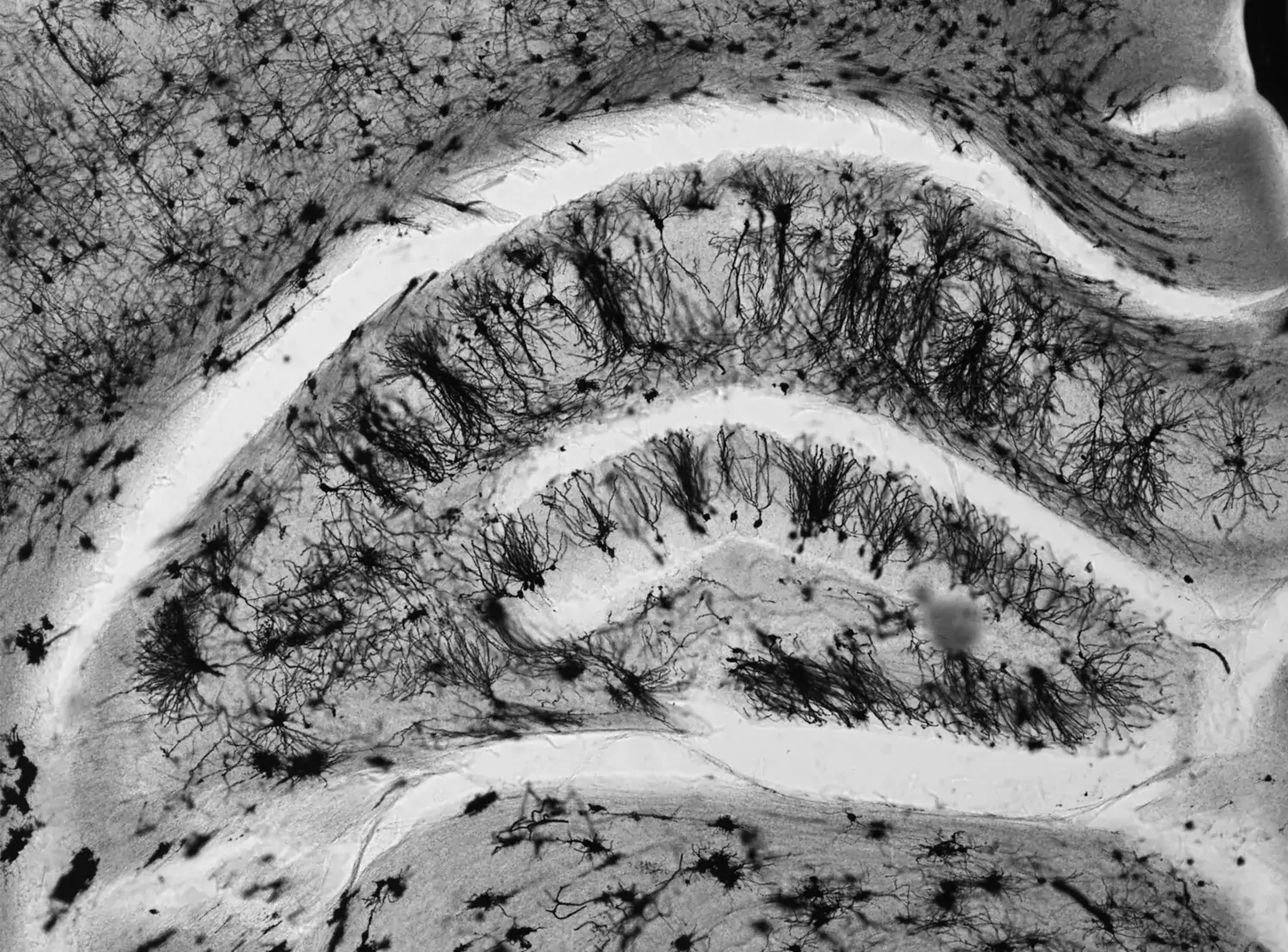Protein activation in the brain may protect women against Alzheimer's

A new study at the Karolinska Institutet suggests that activation of a certain brain protein can protect women from developing neurodegenerative diseases such as Alzheimer's disease.

“Cholesterol turnover and sex hormones are modifiable factors. Our results suggest that they may serve as potential treatment targets for several neurodegenerative diseases in the future”, says Silvia Maioli, Associate Professor at the Department of Neurobiology, Care Sciences and Society at Karolinska Institutet and principal investigator for the study.
The study, which is based on mice, shows that activation of the brain protein CYP46A1 can protect women from developing neurodegenerative diseases such as Alzheimer's disease.
The protein converts brain excess cholesterol into a cholesterol product called 24S-hydroxycholesterol, 24SOH. The study was conducted in male and female mice by increasing the levels of the protein CYP46A1 which in turn increases the production of 24SOH. In the females, the researchers were able to observe healthier neurons, improved memory capacities and higher estrogen activity, both in menopause-like conditions and during aging. These effects were not seen in male mice.
Measurements of 24SOH in the cerebrospinal fluid of patients with Alzheimer's disease showed that higher 24SOH levels correlated with lower levels of Alzheimer's markers such as tau, but only in women.
Two-thirds of individuals with Alzheimer's disease are women, and early menopause is a specific risk factor for cognitive decline. Menopause is characterized by the loss of estrogen, a hormone produced not only in the ovaries but also in the brain, which is essential for maintaining the neurons healthy and functional. The study shows that the activation of CYP46A1 increases estrogen activity in the brain of menopausal and elderly female mice, making CYP46A1 a potential female-specific therapeutic target.
“Previous research has shown that CYP46A1 can be activated pharmacologically with low doses of the anti-HIV drug Efavirenz”, says Silvia Maioli. “We believe that targeting cholesterol metabolism by CYP46A1 activators such as Efavirenz may offer a new approach to promote estrogen-mediated neuroprotection in women at risk of Alzheimer's disease”.
How the study was conducted
The study was led by associate professor Silvia Maioli and doctoral student Maria Latorre Leal. It included experiments with genetically modified mice, including behavioural studies and molecular analyses. The researchers explored biological mechanisms in cultured hippocampal neurons. To demonstrate the clinical relevance of the findings, biomarkers were measured in cerebrospinal fluid from a patient cohort from the memory clinic at Karolinska University Hospital in gender-separated analyses in collaboration with Miia Kivipelto's and Bengt Winblad's group, Henrik Zetterberg and Kaj Blennow in Gothenburg and Griffiths at Swansea University. The research was funded by Margaretha af Ugglas Foundation, The private initiative "Innovative ways to fight Alzheimer´s disease - Leif Lundblad Family and others, NIH R01 grant, King Gustaf V:s and Queen Victorias Foundation.
Publication
CYP46A1-mediated cholesterol turnover induces sex-specific changes in cognition and counteracts memory loss in ovariectomized mice.
Latorre-Leal M, Rodriguez-Rodriguez P, Franchini L, Nikolidakis O, Daniilidou M, Delac L, Varshney MK, Arroyo-García LE, Eroli F, Winblad B, Blennow K, Zetterberg H, Kivipelto M, Pacciarini M, Wang Y, Griffiths WJ, Björkhem I, Matton A, Nalvarte I, Merino-Serrais P, Cedazo-Minguez A, Maioli S
Sci Adv 2024 Jan;10(4):eadj1354
